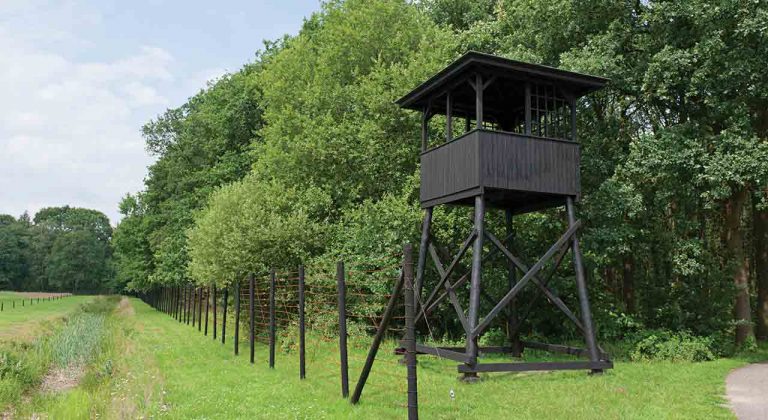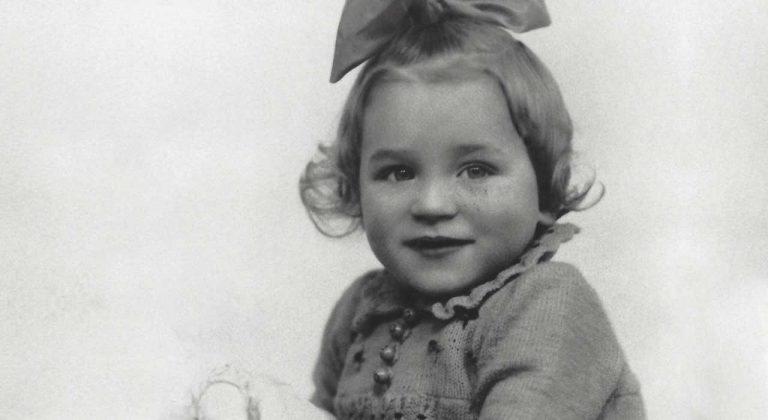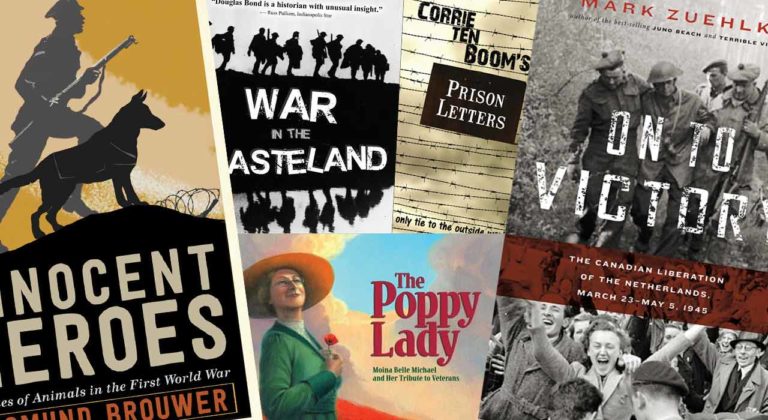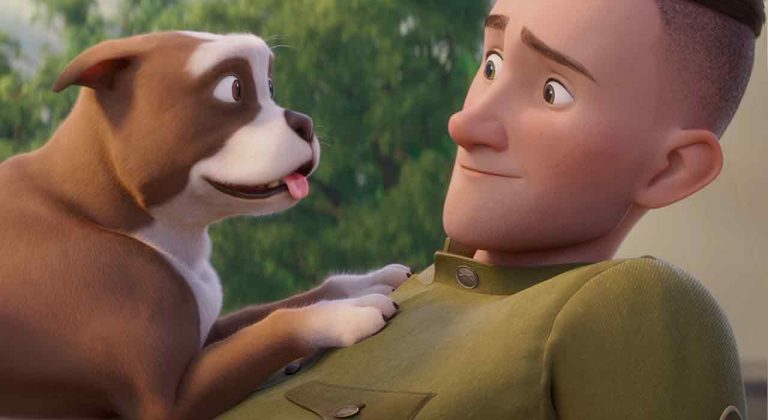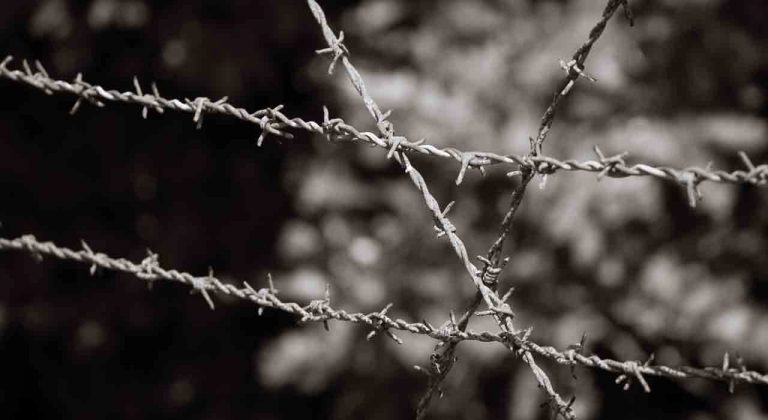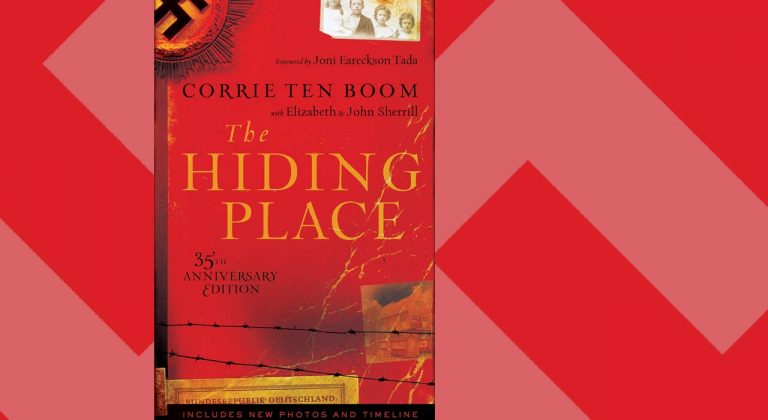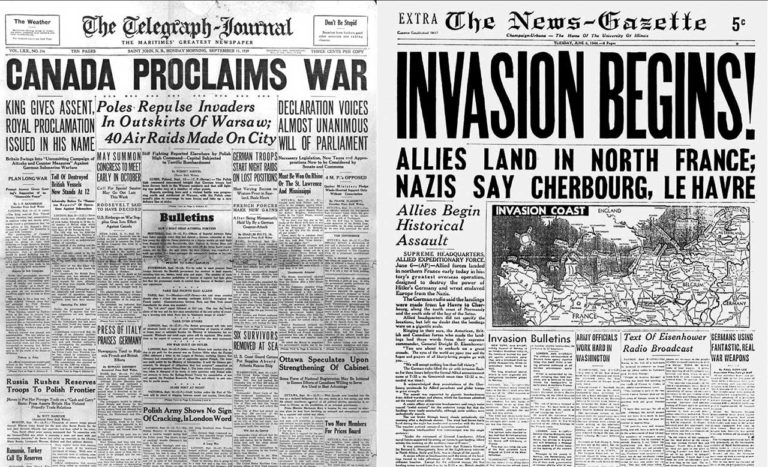Remembrance Day
Operation Manna
When two enemies collaborate for the common good, could it be anything less than a miracle?
****
You can download or listen to the podcast version (6 minutes) here.
It was a bad time to be Dutch. The winter of 1944-1945 was a particularly difficult one. Not only were there the usual difficulties of occupation that the Dutch had grown used to during the war, but food was in short supply. The northwestern Netherlands, especially the provinces of North and South Holland, were under siege by Allied forces.
My grandmother told me that her family had nothing to eat for six months but turnips, morning, noon and night. After that experience, she didn’t eat another turnip for the next 60 years until the day of her death.
My grandmother, however, was one of the lucky ones. Many were reduced to eating tulip bulbs, and 20,000 people died during the months that are known as the Hunger Winter. The situation became desperate enough that the German forces occupying the Netherlands went looking for help. Since they couldn’t supply the food, they needed someone who could.
Operation Bad Penny
The Dutch resistance sent a message to the Canadian army claiming that German commander, General Blaskowitz, wished to talk about the desperate situation. That’s the kind of message that seems like an obvious trap. The enemy wants to talk to us face to face? What could go wrong?
But intelligence operatives Major Ken Cottam and Captain Farley Mowat decided it was worth the risk. On April 26, 1945, the two of them, along with Mowat’s aide, Sergeant “Doc” MacDonald headed off for the German-occupied region of the Netherlands in a risky and perhaps foolish mission.
Somehow they got through. The men had a large white flag flying from their jeep, and along with that and the Major’s knowledge of German, a lot of bravado, and a very vague invitation to talk to the General about food supplies, they were allowed through and even escorted to the German headquarters. By the 27th, the men sent a message back to their own headquarters that they had negotiated a truce to allow the Allies to drop food to the Dutch civilians.
By April 29, the first plane was loaded with food and ready to test the Germans’ goodwill. The Lancaster bomber took off with a crew of 7, five of them Canadians, and a lot of food where normally the plane would carry bombs. The Germans hadn’t officially agreed to a ceasefire at this point, so this mission was dubbed Operation Bad Penny. While a bad penny is an object that you don’t want, according to the saying it’s also one that keeps coming back.
The plane flew very low to the ground, at about 50 feet, since the food was not parachuted but dropped in large gunnysacks. As the bomber climbed back into the air, the message “mission accomplished” was sent out.
Faust too...
With this success behind them, the effort to drop food began in earnest. It was dubbed “Operation Manna” in reference to the Biblical story where God sends the Israelites food that literally falls from heaven. Flight after flight, in fact 3,298 of them, dropped food to the desperate Dutch.
Because the planes were insufficient, they were supplemented by convoys of military trucks that the Germans also let through in what was labeled Operation Faust. Faust is a character in literature who made a deal with the devil to get what he needed.
The flights kept coming in very low in order to prevent damage to the food being dropped, so low in fact that one pilot described waving up to Dutch civilians on the balcony of a windmill. In total, Operation Manna dropped 6,680 Imperial tons of food. The related American Operation Chowhound dropped a further 4,000 tons.
It was one of the most incredible operations in military history, for one military called on its enemy for assistance in helping the civilian population. Two mortal enemies laid aside weapons to feed the hungry population, dropping manna from heaven, as it were.
Conclusion
As for Captain Mowat, one of the intelligence agents who helped make Operation Manna possible, he went on to lead a remarkable and often exciting life. He became one of Canada’s best-known authors, with books like Never Cry Wolf, The Dog Who Wouldn’t Be, and Owls in the Family. But the fighting he’d seen in the Second World War seemed to have scarred him, and he spent much of his life tilting at windmills, “in search of something to give him hope in mankind.” He said of his experiences in the war that “It made me consider that perhaps we weren’t the greatest form of life on Earth, not the absolute work of God, but perhaps some kind of cosmic joke, and a rather devilish one at that.”
And maybe he has a point. In this broken and fallen world, man’s inhumanity and his capacity to hurt his fellow humans can be staggering. But what Mowat didn’t see and we shouldn’t lose sight of, is that in that misery we aren’t alone. There is hope, there are miracles, and, sometimes, there’s even food falling from heaven.
This article is taken from an episode of James Dykstra’s History.icu podcast, where history is never boring. You can check out other episodes at History.icu or on Spotify, Google podcasts, or wherever you find your podcasts.
To dig deeper...
History-April 27 1945: The crazy trio who helped a starving war-torn Holland"
NewsHolland
Operations Manna and Chowhound
Operation Manna | Ina
Farley Mowatt, OC, 12 May 1921–6 May 2014. Life of a warrior and death of an icon
Canada’s Liberation of the Netherlands: The Hunger Winter!
Article Stories of Remembrance: Farley Mowat
Operation ‘Manna’







